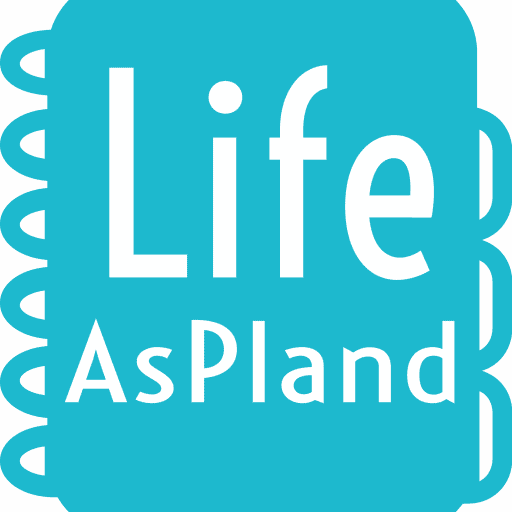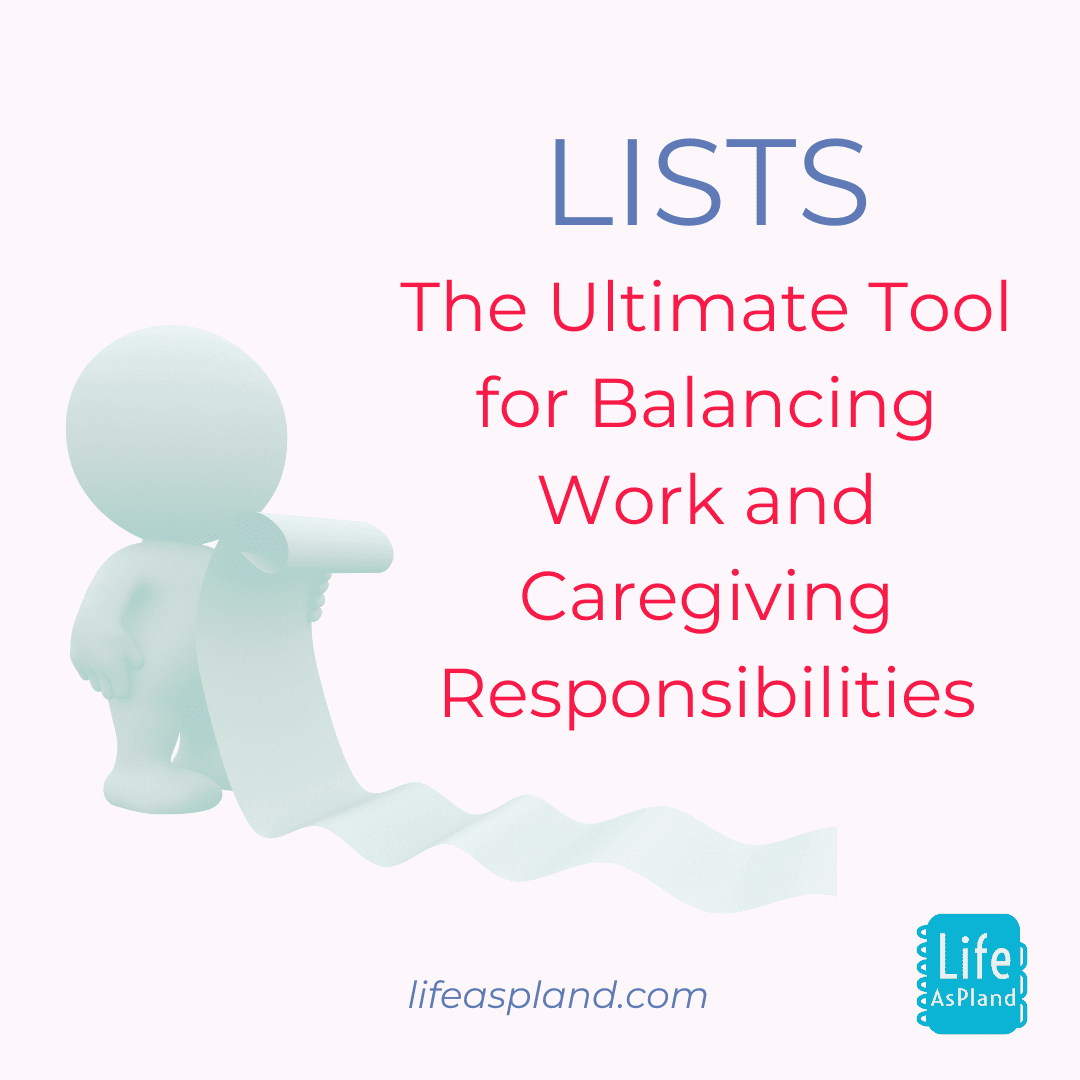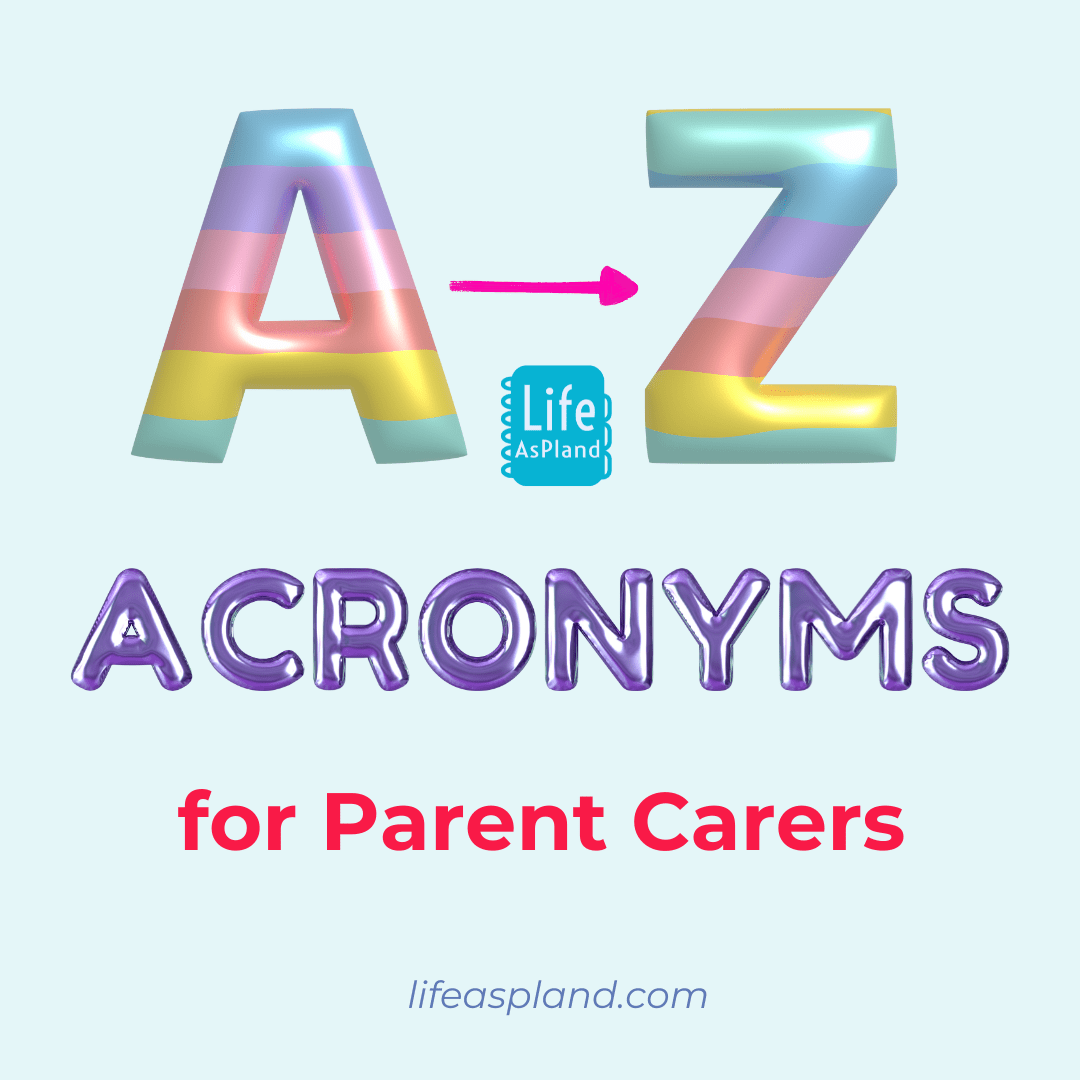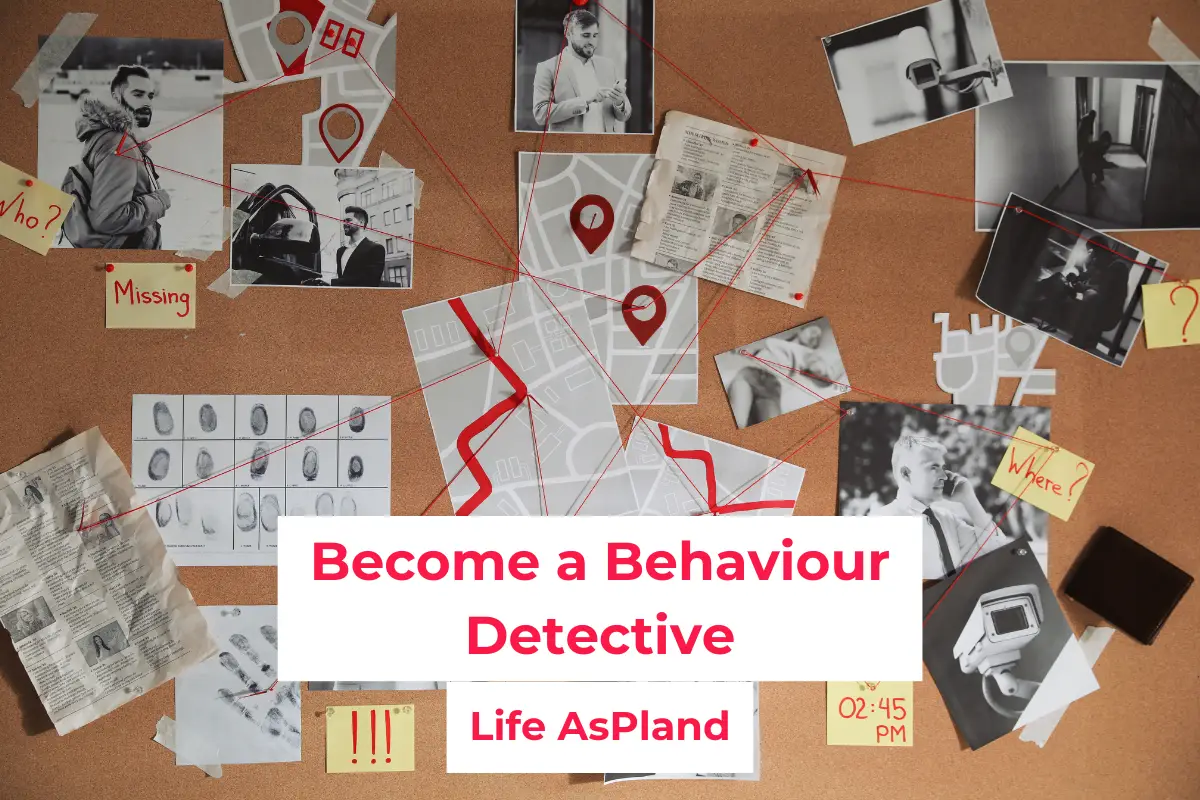Almost ten years ago, I gave birth to my first child. For the first 6 months, we had the usual anxieties that new parents have with no warning of what was to come. Then the world of SEN arrived.
Within two years, we had three children and had to learn about hydrocephalus, autism, Aspergers, retinopathy of prematurity, severe visual impairments, speech and language delay, oral dyspraxia and many other “labels”, while spending far too many days sat in hospital wards or outside operating theatres.
Our dreams and goals all changed and a new perspective had to be learned and appreciated. We’ve had to learn to handle the Good, the Bad and the Ugly of this unexpected community.
 The Good
The Good
- You will meet some amazing people. Some of the people I have met due to my children are people I would possibly never have connected with otherwise, and wow, am I glad I met them.
- You learn what is and isn’t important. Suddenly having the designer labels, the latest car, going on the holiday of everyone’s dreams or being seen in the right places just doesn’t matter anymore.
- Your real friends will come through for you in ways you can never imagine.
- Your sense of humour becomes quite warped – or so it seems to some of your mainstream friends
- You will find support from other parents, either those who have been there before you or are travelling alongside you
- You will find energy reserves which would be the envy of some of our top athletes
- Small, tiny, minute steps in your child’s development will become major milestones and causes for celebration
- Your child will astound you and those around you
The Bad
 You will have more “practitioner” contact details on your phone than friends
You will have more “practitioner” contact details on your phone than friends- You will realise that many people don’t have any expectations for your child
- You will lose a lot of people from your life, those who don’t know what to say or do so they stay away. Sadly, you won’t know what you want them to say or do either so you can’t help
- You will become a secretary, a nurse, a therapist and an advocate for your child
- You will juggle appointments, therapies and appeals with running a house, other children and for some, holding down a job.
- Your child will become a label, not an individual
- You may be consulted, but often not listened to
- Family days/meals out either become a pipe dream or an event organised with military precision
- Your mainstream friends will say “oh my child does that”, which will make you say lots of naughty words in your head
- You will possibly be accused, directly or indirectly, of looking for problems where they don’t exist.
- You will possibly have to learn a new method of communication
- You may be asked to make an informed decision without being informed
- You will feel totally out of your depth in many meetings due to the jargon being used
- You will be the only person in many meetings who does not control a budget. You may have a personal budget but control, well that is something very different
The Ugly
 Your expertise in your child will be ignored by many
Your expertise in your child will be ignored by many- Your child will have to fit into a system, the system won’t fit around them
- You will spend hours fighting the above system to try to make it work for your child
- You will fight for your child and often become known as the neurotic mum or the rottweiller
- You will be most likely to be offered and/or prescribed anti depressants
- You will be most likely to be offered and/or prescribed anxiety medications
- You will possibly not meet the criteria for a short break
- You will be exhausted
- You will keep going and going until you actually break down, then you have to get back up quickly to carry on
- You will have to learn how to understand the Education Act, the SEN Regulations, the Equality Act, Disability Discrimination Act and many more laws set up in order to ensure your child is protected
- Having all of that legislation still won’t make your life easier
- Local Authority policies do not always relate to the law
- Head Teachers are sometimes not accountable to anyone – in theory, yes but in practice, sadly not
- Your child’s best interests do not take priority over budget constraints, even if the legislation says it should
- You will possibly hear yourself be referred to as a “benefit scrounger”
- You will be judged to be a bad/neglectful/pitiful/self-pitying parent at some point
- If your child has behavioural issues, related to their disability, your parenting skills will be called into question
- You often don’t have anything in common with other parents of children with the same disability as your child
- There are parents who are competitive about their child’s disability or services they receive
- Some parent support groups don’t actually offer support
- Some parents only want to help if they are also given the glory
- Some charities set up to support families will forget their mission statement

Biggest Lesson
- Common sense doesn’t exist in the world of SEN and Disability legislation and budgets
Would I change anything in the world of SEN?
As the saying goes, I wouldn’t change my child for the world but I would change the world for my child
What have you learned as you travel through this minefield?







17 Comments
I think it’s admirable that you only say the naughty words in your head….
If no children are around, then I can promise you that a sailor would blush at my language
I have 4 children , and the middle 2 are a bit more special than the other 2 . My 12 yr old son is autistic and my 8yr old daughter has GDD & hyper mobility . I hear ‘ my child does that or it’s their age ‘ so many times .some people just don’t want to understand 🙁
I hear you. I think sometimes they do it to try to reassure us without realising how belittling it is. 🙁
Great post and well said. We are going through the legislation part now with the new EHCP – nightmare
So many LA’s not ready for the changes and so many parents know nothing. So frightening.
Wonderful post, so spot on. Have shared everywhere! (And am blogging a response now http://musingssahm.blogspot.co.uk )
Thanks for sharing your post, I could relate to a lot in there too
What a brilliant summation! Thank you. Xx
Thanks Louise, it is sad how many parents can relate to it but I hope that somehow this helps to raise awareness in a small way
So very true! Brilliantly written! My son is now 18 and I never give up hope, we can’t really can we. Thanks for sharing this with us 🙂
Thanks Alison, I was having a bad day when I wrote this but I always tell myself to think about the positive so that is how the post came about.
Wonderfully written and so true for us. Thank you.
I would say “you’re welcome” but it’s sad to know how common my experiences are 🙁
We need to somehow make this system work for our children xx
Read this months ago, said a loud ‘yes!’ and bookmarked to come back to… been a bit busy in the meantime, as all of us SEN parents are 🙂 This is all so true, sadly. Such a different life to how it is for many. Some are stronger than others, and we all have our moments. Great to have met you x
Thanks Steph, I am glad to have met you too, Your knowledge and experience with your gorgeous girl is invaluable
I Love this! It’s beautifully written. I have had my fair share of being battered by the system this year with my children. My little girl has fallen into the 220,000 children who’s SEN has disappeared over night under the new reforms. School are struggling to see where she fits with her physical disability and I am quickly becoming an expert in SEN law! I wrote a post that fits in nicely with this called ‘labels’ who are they really for? http://mystripylife.blogspot.co.uk/2015/07/labels-EDS-CMT-School-Hospital.html